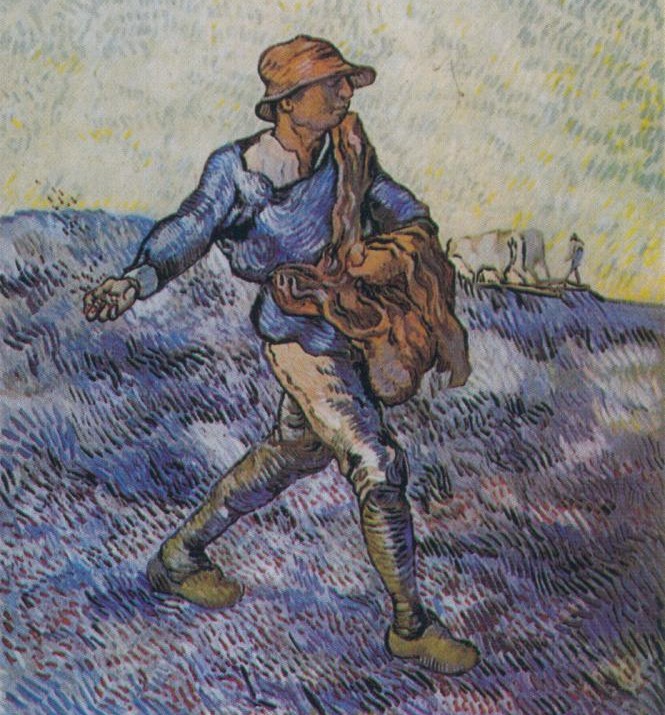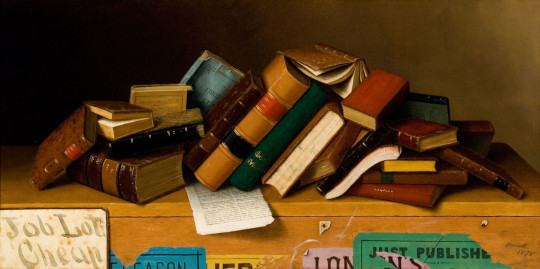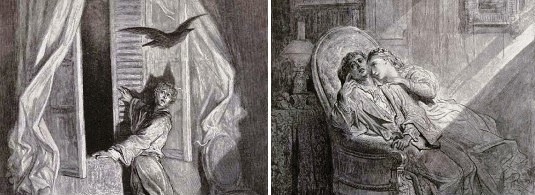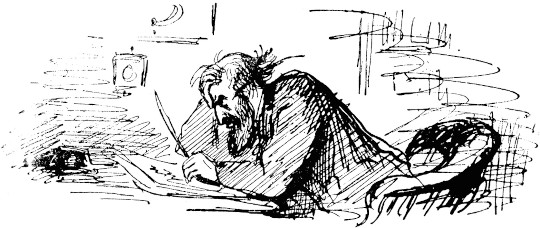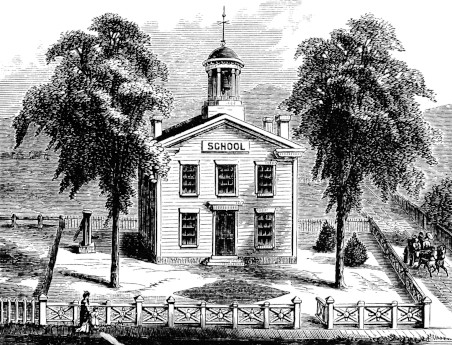George Santayana? W. H. Auden? Cyril Connolly? Apocryphal?
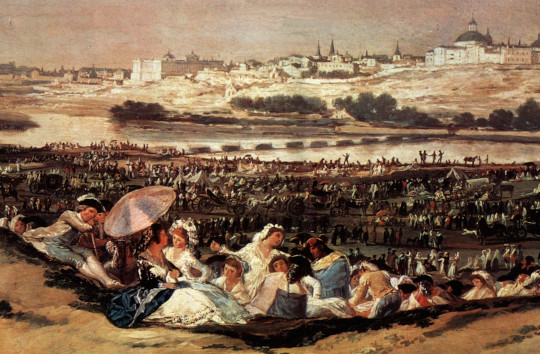
Question for Quote Investigator: Fortunate people experience life as an overflowing banquet coupled with a remarkable series of sights and sounds. But most people have more complicated ordeals. Here are two pertinent expressions:
Life is not a spectacle or a feast; it is a predicament.
Life is neither a feast nor a spectacle but a predicament.
Prominent philosopher George Santayana has received credit for this saying, but I have been unable to find a solid citation. Would you please explore this topic?
Reply from Quote Investigator: QI has been unable to find an exact match within the writings and speeches of George Santayana. The closest match located by QI occurred within a lecture titled “The Unknowable” which Santayana delivered at Oxford University in 1923. Boldface added to excerpts:1
Poets and philosophers sometimes talk as if life were an entertainment, a feast of ordered sensations; but the poets, if not the philosophers, know too well in their hearts that life is no such thing; it is a predicament. We are caught in it; it is something compulsory, urgent, dangerous, and tempting. We are surrounded by enormous, mysterious, only half-friendly forces.
The passage above did communicate a similar idea. The keywords “feast” and “predicament” were present, and the word “entertainment” provided a near match for “spectacle”.
A citation given further below shows that Santayana received credit for the saying under examination by 1932. QI offers two different hypotheses:
(1) The saying was constructed as a paraphrase of the statement above by an unknown person. The saying was subsequently reassigned directly to Santayana. (This is a known misquotation mechanism.)
(2) Santayana crafted the saying as a concise reformulation of his own idea, but a precise citation has not been uncovered. In fact, a direct citation in the works of Santayana may not exist if he only spoke it.
Below are additional selected citations in chronological order.
Continue reading “Quote Origin: Life Is Not a Spectacle Or a Feast; It Is a Predicament”